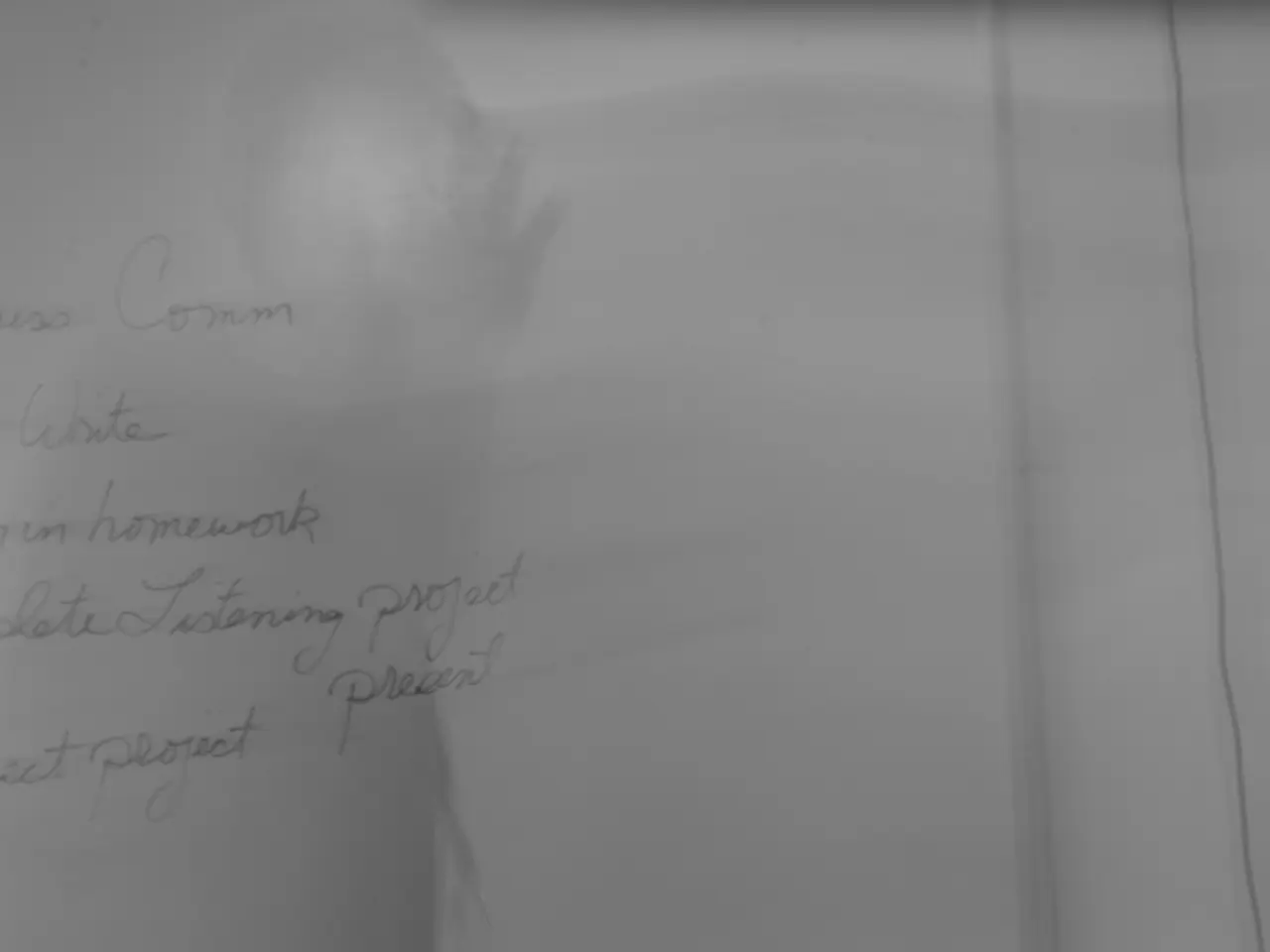Strategies for Dealing with Subpar Employee Performance: Crucial Actions to Implement Immediately
In the realm of business, fostering a positive and productive work environment is paramount. Fairness plays a crucial role in this endeavour, as it cultivates trust, enhances employee morale, and supports a culture that encourages individual and business growth.
Performance management regulations are designed with fairness in mind, focusing on unbiased performance reviews and feedback. Detailed records are essential in these processes, as they help track progress, make informed decisions, and ensure that performance management strategies are effective and aligned with business goals.
Involving the employee in developing improvement plans is another key strategy. This approach fosters a supportive environment and demonstrates a commitment to the employee's development. It's important to remember that disciplinary actions are governed by laws that cover warnings, suspensions, and termination.
Consistent and fair treatment of all employees throughout performance assessment processes is essential to promote fairness and avoid bias. Employee Rights protections, including those against discrimination and wrongful termination, are in place to ensure a fair workplace environment.
When managing underperforming employees, a leader should approach the situation with empathy and a coaching mindset. Understanding the underlying causes of poor performance is key, rather than immediately penalizing. The three main drivers of human performance - psychological drivers, performance capacity, and functional state - should be considered in this process.
Clear communication of expectations and goals is vital to avoid misunderstandings. Providing tactical support such as coaching, training, mentoring, or reallocating simpler tasks can help rebuild confidence and capability. A Performance Improvement Plan (PIP) outlines specific goals, benchmarks, timeline, and consequences, while maintaining open dialogue and offering support.
Regular check-ins and feedback are necessary to monitor progress and adjust the support plan accordingly. Recognizing and praising progress is a powerful motivator, reinforcing positive behavioural changes. If the PIP and support fail, proper procedures should be followed to consider transferring, demoting, or terminating the employee, ensuring documentation is thorough and processes are fair.
Fostering a culture of continuous feedback, enabling opportunities for skill development and upskilling, balancing realistic deadlines, and maintaining open lines of communication are additional best practices.
Employers should regularly review employment laws to stay compliant with regulations around performance management, disciplinary actions, and employee rights. Communicating performance expectations clearly with specific examples helps employees understand performance standards and reduces misunderstandings.
By adopting these strategies, we can elevate both the individual’s growth and the overall team's performance while minimizing the negative impacts of underperformance.
- Embracing science-backed workplace wellness, health and wellness, education, self-development, and career development programs can support individual growth and productivity.
- Skills training is crucial for career development, ensuring employees possess the necessary tools to meet business growth targets and remaining competitive in the industry.
- As part of a comprehensive performance management strategy, regular consulting with employees for developing improvement plans encourages personal growth and maintains a supportive environment.
- Frequent consultations regarding performance goals, ongoing feedback, and skills training sessions demonstrate a commitment to fostering a fair and dynamic work environment that promotes continuous growth and development.




